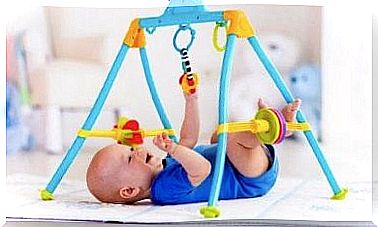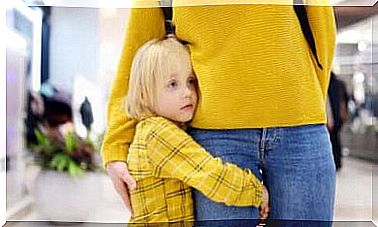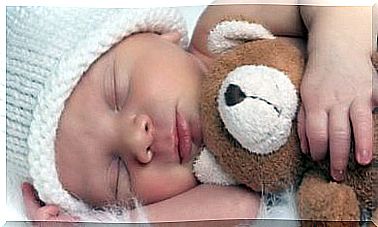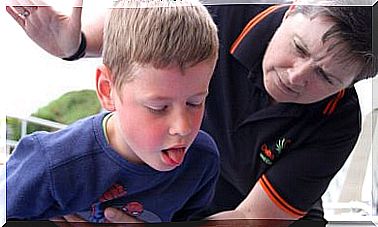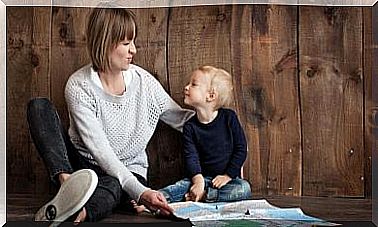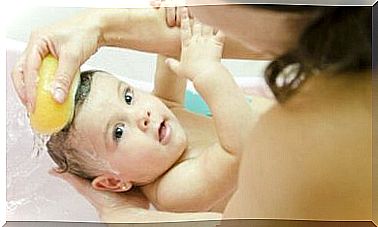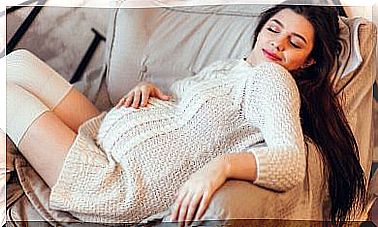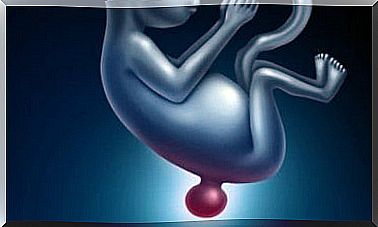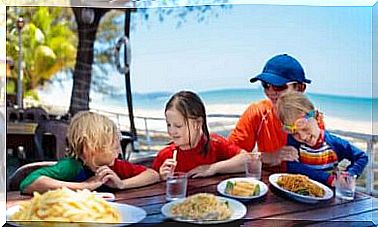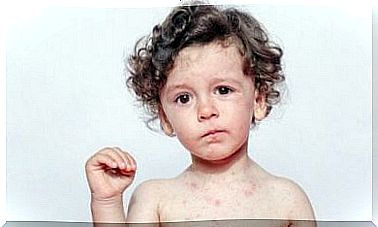Teach Your Child To Brush Their Teeth
Oral hygiene includes brushing your teeth daily and is essential for your child’s good health. It is not true that because they are baby teeth, or because they are very small, or because the first molars are much stronger, you need to care less about them.
Mom, Dad and the rest of the family have to make sure that brushing is done right and that your little ones in the house take good care of their teeth. Even if they don’t feel like it.
Here are some tips to teach your kids how to brush their teeth.
baby teeth
Baby teeth, baby teeth, changeable teeth and the first teeth… that’s what the first teeth that appear in humans are called.
It starts around 6 months of age, and in some cases earlier. These teeth remain during the early years of life until about age 7 or 8. Then they are replaced by permanent teeth.
These small, cute white teeth help children to feed themselves: they bite and chew food and thus prepare the food for absorption and breakdown during digestion. They have the same function as permanent teeth have in adults.
Therefore, baby teeth need just as much attention as the permanent teeth. Brushing your teeth properly is one of the things that should be inculcated in children from an early age.
Brushing teeth with milk teeth
Brushing the baby teeth is a hygienic technique that makes it possible to properly clean all teeth, gums and tongue.
If you don’t brush your teeth properly or often enough, bacteria and plaque will cause cavities.
You should introduce this routine and teach your kids how to brush their teeth properly. Mom has to explain that:
- You have to brush the upper teeth well on the inside and outside.
- Lower teeth should be brushed from bottom to top, both inside and out.
- You should also brush the tongue.
If brushing is done as it should be, the layer of bacteria on the teeth is removed. The gums and teeth are both protected.
Parents should teach their child to brush their teeth regularly:
- After every breakfast.
- Then after lunch.
- After dinner.
- Before you go to bed.
In principle, always when they have eaten something.
Good oral hygiene
Good oral hygiene doesn’t just mean brushing your teeth regularly and correctly.
You should know that many other measures are also necessary to keep your child’s small teeth healthy so that he can use them for as long as he has them.
For example, the child must be careful not to fall. Not that we should overprotect our children when they play with other children, but mothers should be aware of potential dangers that pose a risk to the child.
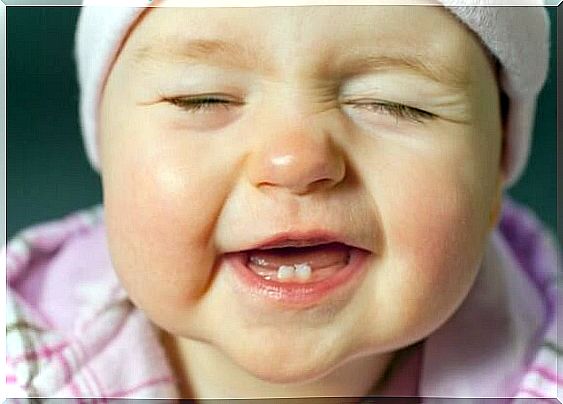
Baby teeth are prone to breaking and splintering, which can be very painful if left untreated.
Also, sweets, lollipops and other hard things are often given to children, which you normally should not bite.
If you let your kids eat these kinds of snacks, you should also make sure they brush their teeth well after snacking. And make sure your kid doesn’t bite into these hard candies with teeth other than their canines.
Rather give your child smashed hard candies. Or teach them to suck on them safely and never bite or chew them.
Cavities in the milk teeth
If your child complains or tells that they have pain from cold food or food that is warm, take him to a dentist. He probably has a hole in his teeth.
Cavities should be filled as soon as possible to avoid major complications. In addition, a child with cavities will have difficulty eating if they are in pain. They then stop eating well.
Finally, if there are cavities, even if they are filled, the teeth are weaker than before. If they are used to chew on hard things, they may break or the filling may come off. Do not forget this.
Your child’s oral hygiene depends on how much time you spend on it and on the guidance and training you give your child.
